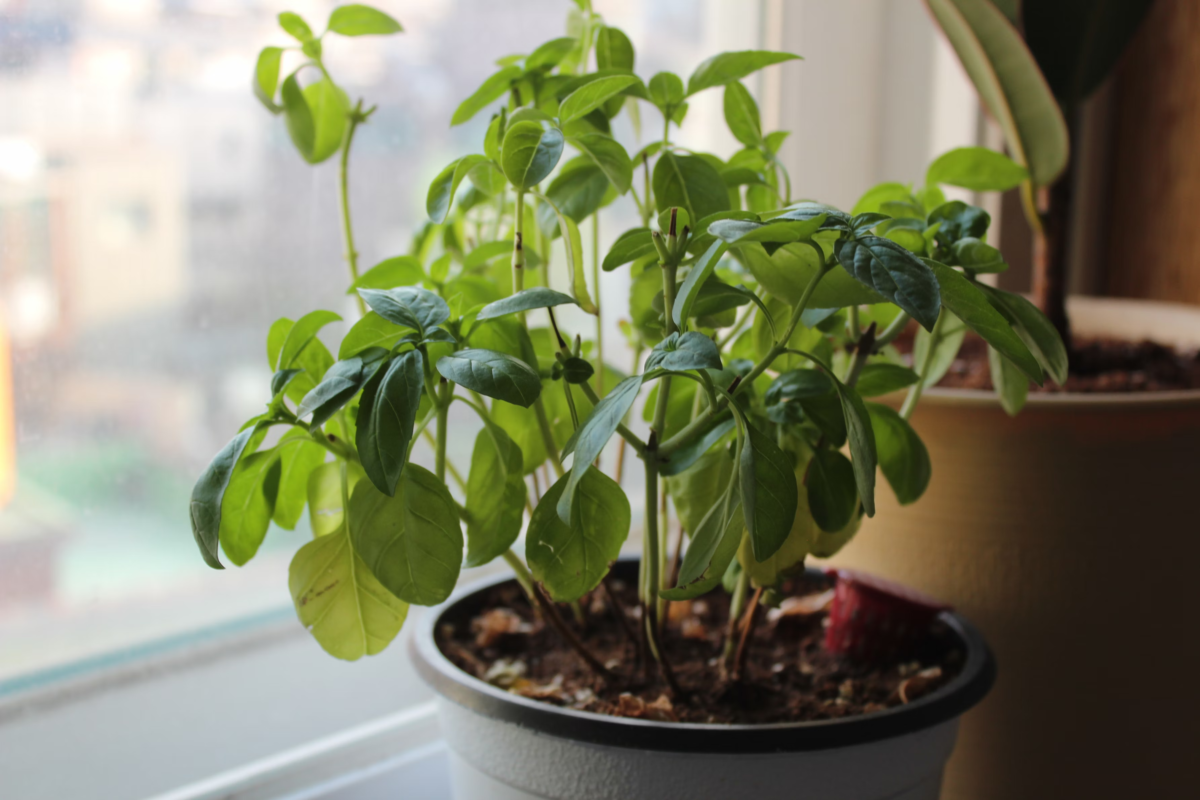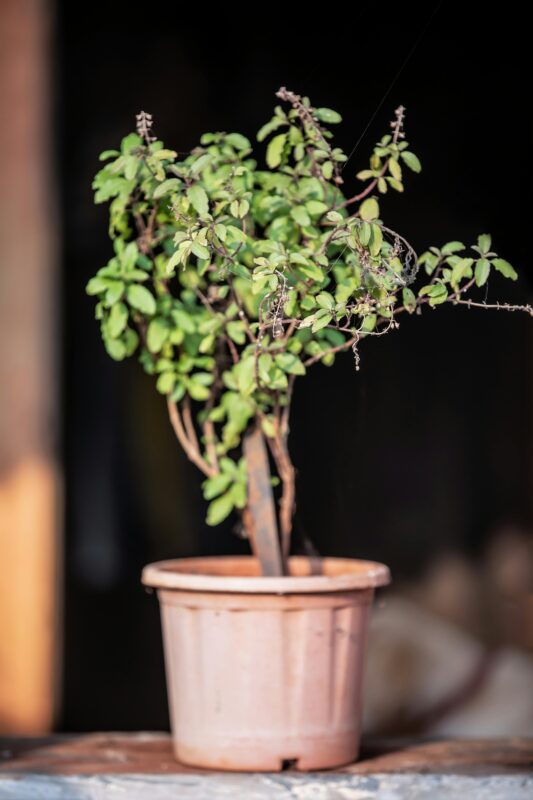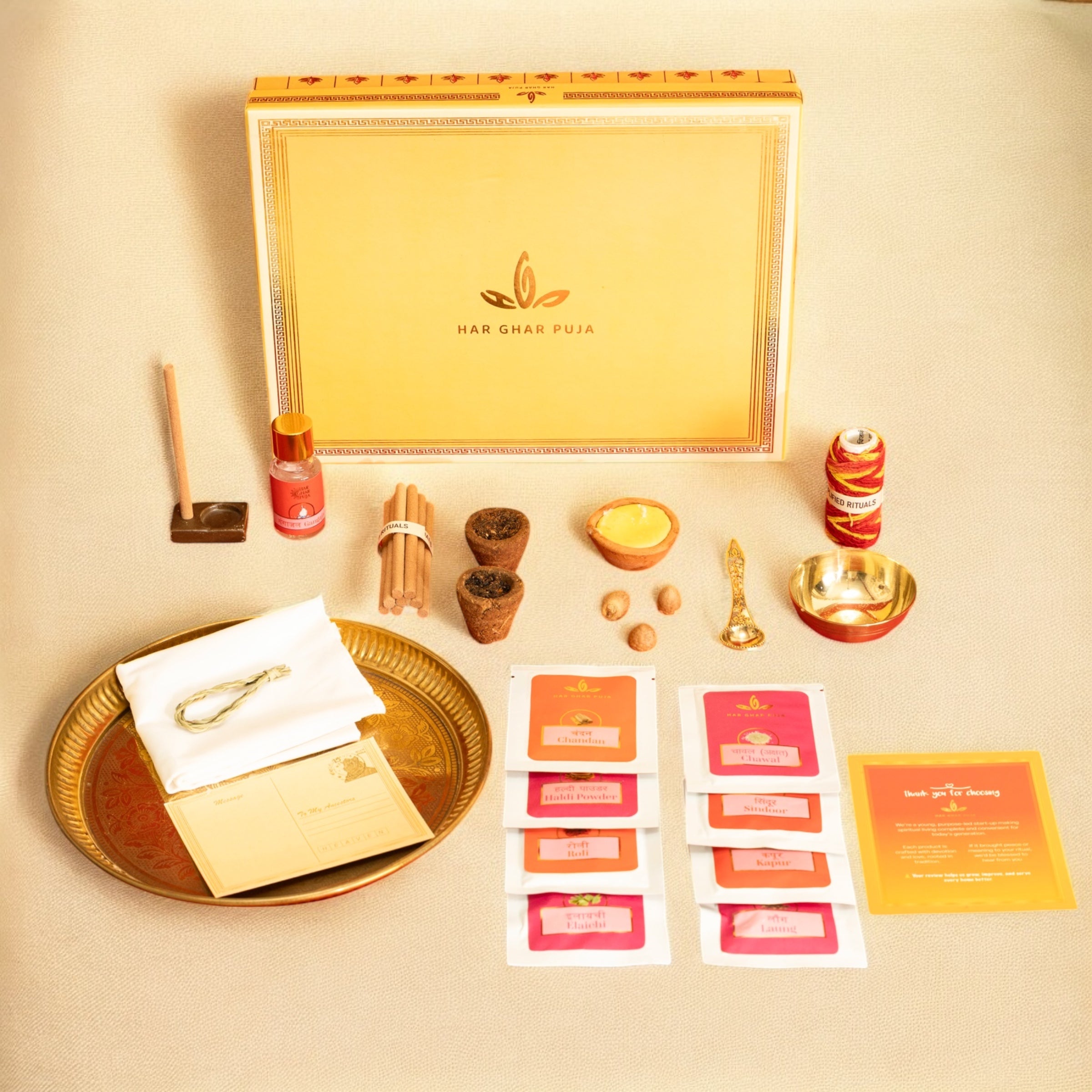Tulsi Vivah is a significant and auspicious event celebrated in various parts of India, holding great importance in Hindu mythology. This festival, which symbolizes the marriage of Goddess Tulsi (in the form of Vrinda) with Lord Vishnu in his Shaligram form, is observed every year on the twelfth day of the waxing moon in Kartik month. Many plants and trees are considered sacred in Hinduism, and Tulsi, also known as the holy basil, is one of them, commonly found in Hindu households.
Table of Contents

Significance of Tulsi Vivah
Tulsi Vivah holds immense spiritual significance in Hinduism. According to legend, on this day, Vrinda, symbolized by the Tulsi plant, was married to Lord Vishnu in his Shaligram form. On this occasion, temples are adorned with lights and flowers, and ceremonies are held with devotional songs. It is believed that those facing obstacles in marriage should conduct Tulsi Vivah to seek blessings. In Hindu scriptures, Tulsi is regarded as an incarnation of Goddess Lakshmi, Lord Vishnu’s consort. Performing Tulsi Vivah, including the rituals associated with marriage and charity, is considered extremely auspicious.

Rituals of Tulsi Vivah
Preparations for this celebration begin a day before, with devotees cleaning their homes and decorating them with flowers and Rangoli. A mandap is set up around the Tulsi plant, decorated with flowers, lights, and traditional items. A statue or picture of Lord Vishnu is placed next to the Tulsi plant.
The ceremony begins with the chanting of sacred mantras. A sacred thread, symbolizing a mangalsutra, is tied around the Tulsi plant, which is then adorned as a bride with ornaments and a red sari. Devotees perform aarti and offer prayers for a prosperous marital life. The ceremony ends with the “kanyadaan” (symbolic giving away of the bride) of the Tulsi plant to Lord Vishnu, followed by a feast and the distribution of prasad among family and community members.

Blessings for Marital Bliss
The Tulsi plant is highly revered in Hindu culture. Performing Tulsi Vivah is believed to bless individuals with a happy and prosperous married life. This festival holds particular significance for married women, who pray for the health and prosperity of their husbands and family members. Tulsi Vivah also marks the beginning of the wedding season in Hindu tradition.
Why Perform Tulsi Vivah?
According to religious beliefs, Tulsi Vivah removes obstacles from one’s life and provides protection from misfortune. It is believed to help with marital issues and bless childless couples with children.

The Legend of Tulsi Vivah
According to Hindu mythology, there was once a princess named Vrinda, a devoted follower of Lord Vishnu, who was married to a demon named Jalandhar. Vrinda’s loyalty made Jalandhar invincible, creating havoc in the three worlds. After Jalandhar attacked the heavenly realm, the gods sought Lord Vishnu’s help.
To break Jalandhar’s invincibility, Lord Vishnu disguised himself as Jalandhar and approached Vrinda, breaking her chastity unknowingly. This weakened Jalandhar, who was subsequently defeated. When Vrinda discovered the deception, she was devastated and cursed Lord Vishnu to turn into stone (the Shaligram stone) and to be separated from his wife, Goddess Lakshmi.

In response, Lord Vishnu explained the necessity of his actions and promised to marry her in her next birth. Keeping his promise, Vishnu, in his incarnation as Krishna, married her in the form of the Tulsi plant on Kartik Ekadashi, thus beginning the tradition of Tulsi Vivah.







